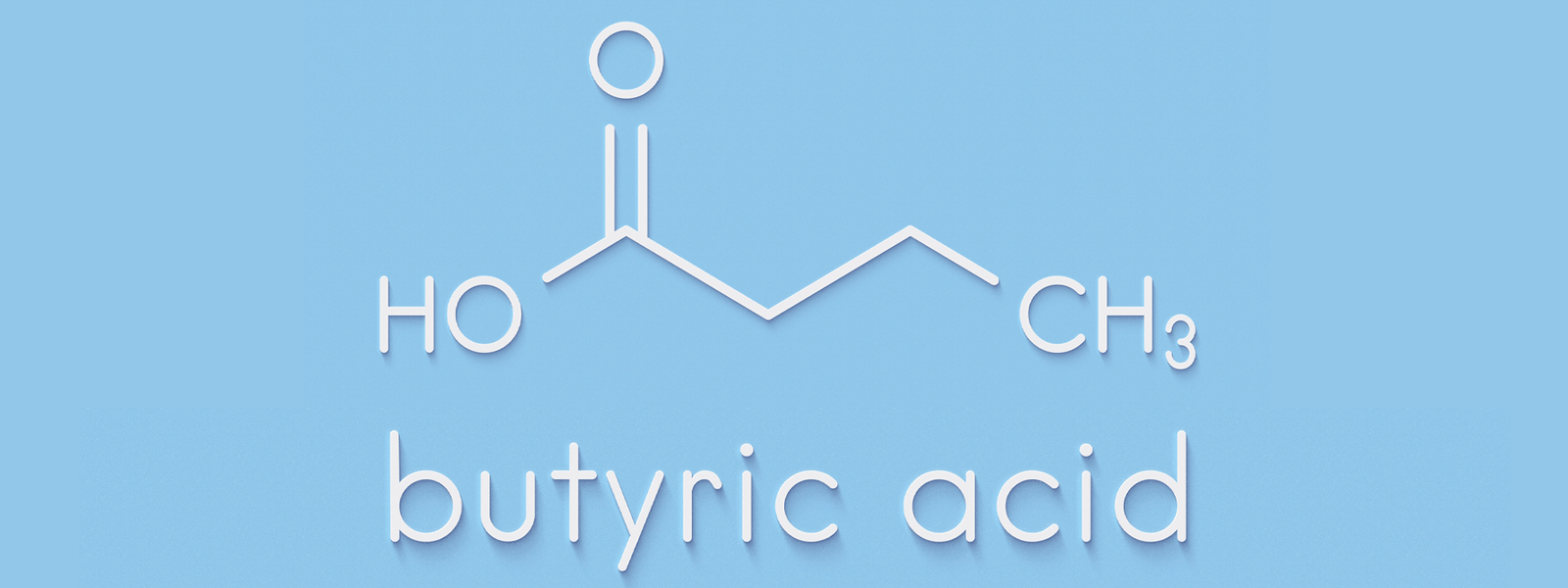Digestive enzymes are proteins that are essential to the chemical breakdown of our food into smaller, more absorbable components. If we’re short on enzymes, some of the foods we eat aren’t broken down enough for the body to absorb the nutrients they offer, so we miss out on the good stuff our foods include.
Enzymes are found in every cell of the human body and regulate not only digestion but all aspects of the overall process of metabolism. There are several kinds of enzymes, including:
- Amylase, which breaks down starches into sugar
- Protease, which breaks down proteins into amino acids
- Lipase, which breaks down fat
Why Do We Need Them?
Despite their importance in metabolism, according to Dr. Edward Howell, considered the father of enzyme research, the number of enzymes each cell can produce is limited. To multiply our "enzyme store," we must replenish them from our food1.
But in many cases, the foods we eat - such as the traditional Western diet of hamburgers and fries, pizza, and the ubiquitous chicken nuggets - aren't exactly loaded with the digestive enzymes we need to break down foods properly. So, while we are feeding our bodies, we aren't feeding them the enzymes they need.
Even worse, because our bodies aren't breaking down junk food properly, we aren't able to reap the tiny nutritional benefits offer, because we are unable to absorb them all.
The result is a lose-lose situation, and our bodies – and energy levels – ultimately pay the price.
Since our focus at Xtendlife has always been on foundational health, we have long included digestive enzymes in our Total Balance product line – not only as a way to help break down the foods we eat but also to help ensure that all the essential nutrients our supplements offer are also absorbed.
What’s the point of eating healthy foods or taking high-quality supplements if your body can’t absorb all they have to offer?
Signs of Enzyme Deficiency
You might think your digestive woes are just something you have to live with, but it is possible that you’re just low on vital digestive enzymes.
Those who eat a high-fiber diet and vegetarians and vegans especially can benefit from digestive enzyme assistance, since the staples of both diets are harder to break down.
Some symptoms include constipation, weight problems, allergies, indigestion and heartburn, gas and bloating, low energy, injuries that are slow to heal, advanced signs of aging, and headaches.
The digestive system is vital to all other parts of the body and is closely linked to the immune system.
It contains about 70 percent of the immune system, making it very important that the whole thing functions as it should. When it doesn’t work properly, your whole body shows it.
One of the best ways to ensure both digestive and immune system health is to maintain a healthy balance of intestinal microflora – the good bacteria that go to work to protect us from illness. When we take antibiotics, we often wipe these out, and poor diets don’t do much to replenish them, putting us at greater risk of illness.
Probiotics to the Rescue?
Probiotics are bacteria that help maintain the natural balance of microflora in the intestines. The normal human body contains about 400 types of probiotics – including the famous lactobacillus acidophilus (live yogurt cultures) – that not only help reduce the growth of harmful bacteria but also work in tandem with digestive enzymes to promote a healthy digestive system.
While many companies promote probiotics, our bodies can make most of what we need, although these good bacteria differ between thin and overweight people, young and old, and those who eat a healthy or poor diet. And as we’ve said, using antibiotics can wipe them out, leaving your digestive system and immune system at risk2.
The good bacteria that most probiotic supplements offer is usually unable to survive the digestive process because of the way they’re packaged, making most of them a waste of time and money.
A better approach is to replenish your probiotic supply – especially after taking antibiotics – through prebiotics, which feed existing probiotics and stimulate the production of new ones.
Get the goodness of 100% pure New Zealand kiwifruit
A powerful pre-biotic with enzymes, for optimum digestive health support.
Shop now
Our Kiwi-Klenz Has It All
While our Total Balance contains digestive enzymes, our Kiwi-Klenz – made exclusively from the whole fruit of the New Zealand kiwifruit - is aimed at total digestive system health, and it puts all of its focus on that area of the body.
In addition to digestive enzymes to break down food, it features prebiotics to feed existing probiotics and boost the production of new ones, so your immune system is revved up and ready to go, as well as phenolics to keep bad bacteria in check and fiber to keep you regular.
Remember lactobacillus acidophilus?A clinical study showed kiwifruit extract increased levels of this by 21 times. Using kiwifruit powder has also been shown to help digest beef, tofu, and cow's milk two or even three times faster3.
You’ll notice the difference not only in how your digestive system feels but also in your energy levels, the appearance of your skin, and the ability to fight off infection and illness.
The digestive system controls more than we think, so taking good care of it is essential.


 Supplements
Supplements Skincare
Skincare Superfoods
Superfoods Bundles
Bundles














I have heard kefire is a great probiotic
thomasgammell August 20 2017